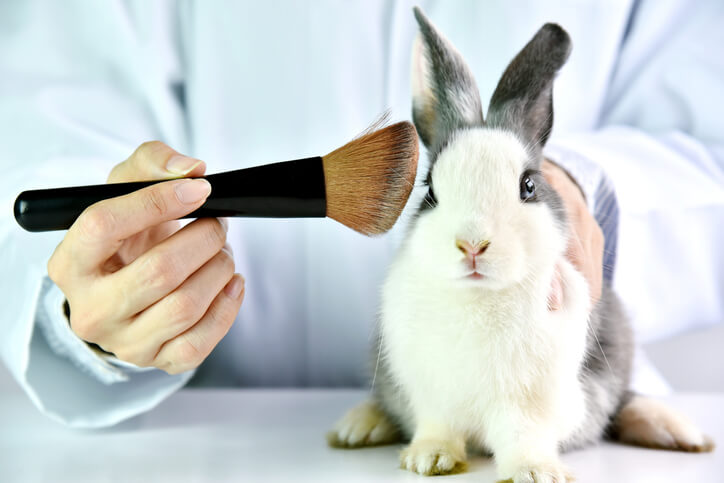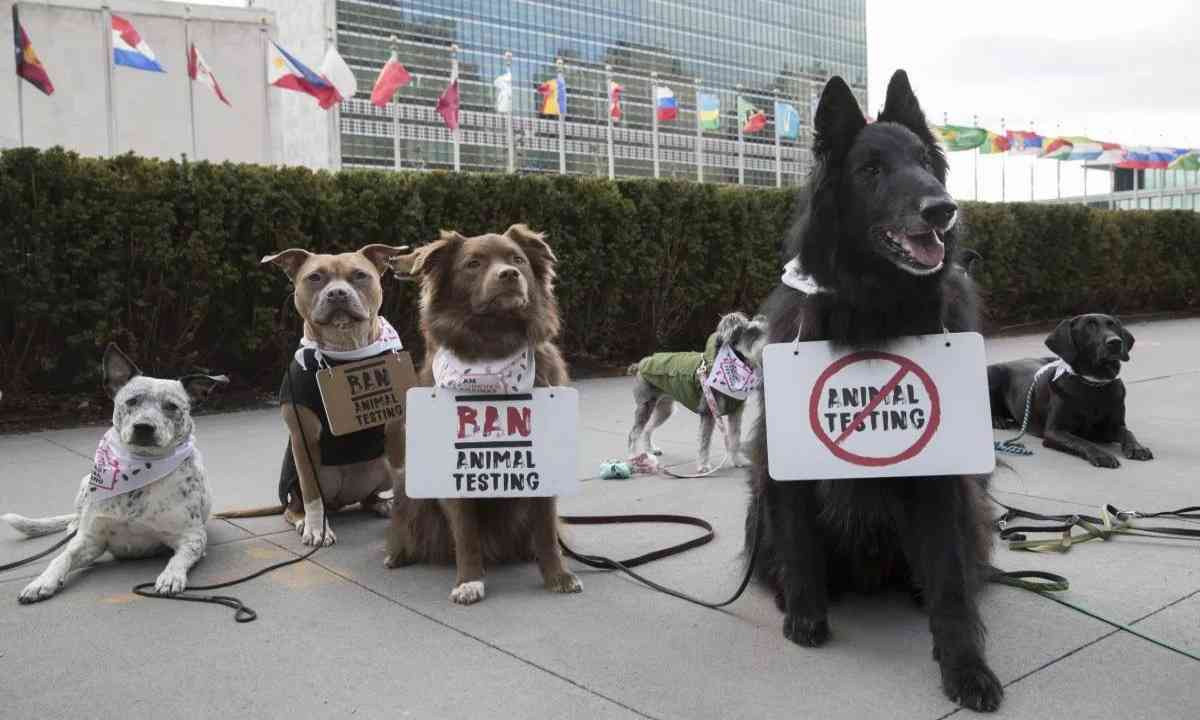Continuing Creature Testing in Accordance with EU Substance Rules
The UK government has allowed the resumption of creature testing for cosmetics fixings, in spite of a boycott set up beginning around 1998. This move is in line with a High Court decision that aligned the government's policy on animal testing with chemical regulations from the European Union (EU). The High Court proclaimed on Friday that the public authority's choice was lawful, following a case presented by basic entitlements activists. Over eighty brands have voiced their dismay at the government's revised position.
"We are satisfied that the High Court has concurred with the Public authority's situation for this situation," expressed a representative for the Workspace. The assurance of creatures in science is the primary concern of the public authority."

Controversial Change in Policy
Since 1998, animal testing for makeup or its components had been strictly prohibited in the UK. In the case of medical advancements, testing was only permitted if the benefits of the research outweighed any potential animal suffering. However, in order to guarantee the safety of workers manufacturing the ingredients, the European Chemicals Agency (ECHA) ruled in 2020 that certain cosmetic ingredients must be tested on animals.
During the case, it was uncovered that, in spite of the UK's withdrawal from the EU in 2020, the public authority had been giving licenses for creature testing of corrective fixings as per EU substance guidelines starting around 2019. As a component of this, it very well may be feasible to test the establishment and concealer of synthetic compounds on rodents.
The outcry from the industry and legal challenges
Major cosmetics and beauty brands, such as Unilever, Body Shop, and Boots, which have long opposed animal testing, have criticized the government's shift in position. The case's initiator, Cruelty-Free International (CFI), argued that this decision violated the existing ban on animal testing of cosmetics and their components.
Although he regretted the lack of public disclosure, Mr. Justice Levin ruled in favor of the government, stating that the policy change still complied with existing laws. The Body Shop's director of activism and sustainability, Christopher Davis, promised to "campaign vigorously" against the changes, describing them as a "devastating blow" to supporters of animal testing campaigns.

Potential Effects and Future Changes
To ensure the safety of workers, manufacturers can now apply for licenses to test products on animals prior to production. In any case, they are as yet disallowed from testing items for purchasers' well-being on creatures. Mr. Equity Levin mentioned the observable fact that assuming the public authority so wanted, it could execute an outright restriction on the utilization of creatures in the testing of beauty care products.
CFI plans to pursue the court's choice and desires the public authority to restore the extensive boycott in the UK. Unilever's safety and environmental assurance center director, Dr. Julia Fentem, argued that safety tests could be done without using animals and that the tests that might be required by the new policy were "unnecessary." A new chemical strategy is expected to be released by the government later this year. It may include additional instructions for cosmetic companies on how to use and test chemicals in the UK.
© Copyright 2023. All Rights Reserved Powered by Vygr Media.
























